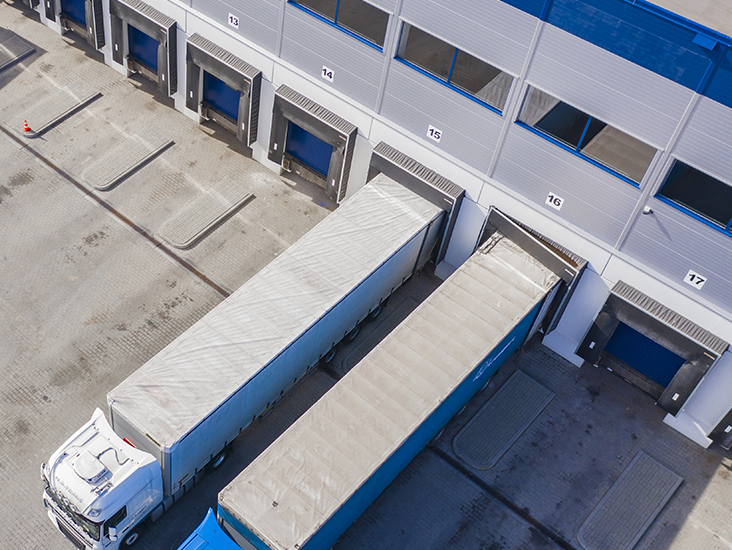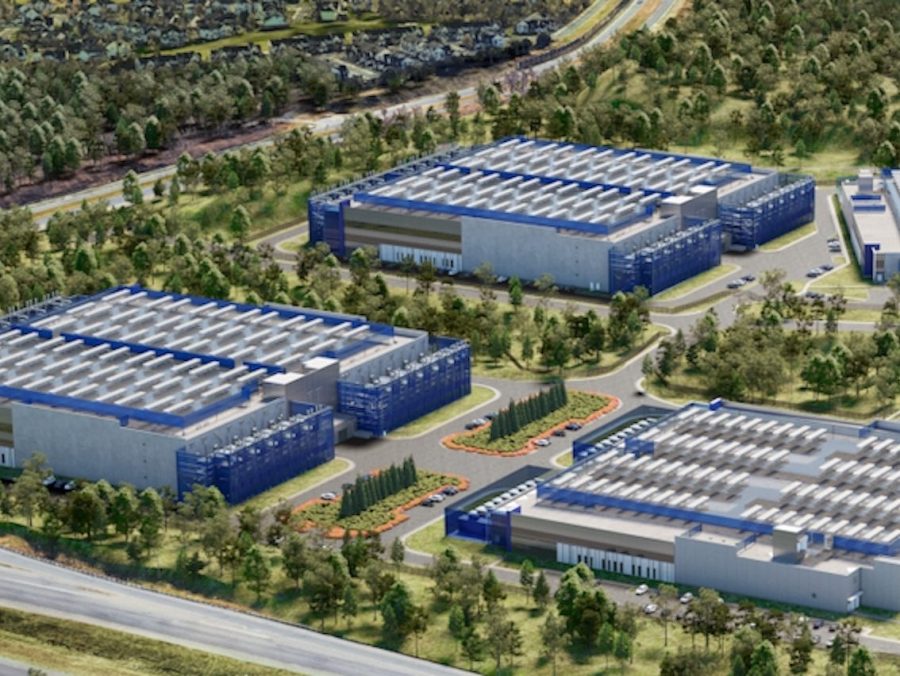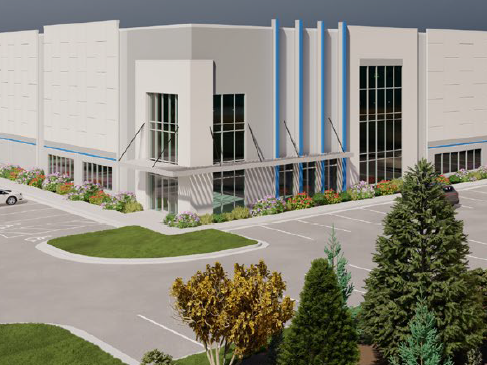Massive 4.5GW TuNur Solar Project Could Power the EU
If the solar project receives the required authorization, it would generate sufficient electricity to power more than five million European homes or fuel more than seven million electric vehicles.
By Anca Gagiuc
TuNur, a private company incorporated in the United Kingdom, the principal shareholders of which are solar power plant developer Nur Energie Limited and Tunisian and Maltese investors, filed for authorization with the Tunisian Ministry of Energy, Mines and Renewable Energy for a 4.5-gigawatt solar export project. The solar farm is one of the most ambitious solar plant developments and is projected for construction in the Sahara Desert in Southwest Tunisia near Rjim Maâtoug.
The electricity generated will be destined for Europe via HVDC submarine cable systems under the sea to Malta, Italy and France. The first cable links Tunisia and Malta, as Malta is already connected to the European grid. The second cable system, which is projected to be under development for several years and currently evaluated as a Project of Common Interest by the European Community, will link Tunisia to central Italy with a shoring point north of Rome. A third cable is under study and will link Tunisia directly to the South of France. The solar power delivered by TuNur will be sufficient to power more than five million European homes or fuel more than seven million electric vehicles.
A green, low-cost solution
The solar project is part of the solution to Europe’s increasingly imperative challenges in the energy sector, including meeting the Paris Climate Agreement emissions reduction targets; replacing obsolete fossil fuel and nuclear power plants; reducing reliance on imported fossil fuels; and meeting the expected surge in electricity demand from electric vehicles. Currently, Europe imports more than half of its energy in the form of fossil fuels.
“The economics of the project are compelling: the site in the Sahara receives twice as much solar energy compared to sites in central Europe, thus, for the same investment, we can produce twice as much electricity. In a subsidy-free world, we will always be a low-cost producer, even when transmission costs are factored in,” TuNur CEO Kevin Sara said in a prepared statement.
“This project provides the economic development necessary for our region and our community; it gives true value to quasi-desert lands in an environmentally sustainable way. We are very pleased to contribute to this important Tunisian project in the field of sustainable development,” added Mohamed Larbi Ben Said, chairman of the El Ghrib Collective Lands Management Board, which owns the land that TuNur will lease for the project.
Images courtesy of Nur Energie






